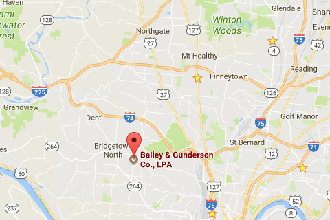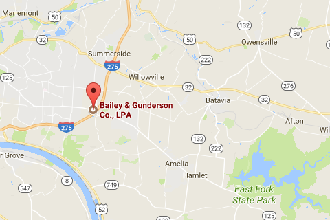A judgment lien is a recorded instrument impacting the title for your real estate. A judgment lien may prevent you from selling your real estate or refinancing your mortgage.
A judgment lien occurs when a creditor sues and obtains a judgment against you. The creditor will then record a judgment lien in the county where your real estate is located.
Can the judgment lien the removed? It can be if you and the creditor agree to terms for removing the judgment lien against your real estate. That agreement typically involves you paying to the creditor a lump sum of money.
Another option to remove a judgment lien is by filing for Chapter 7 or Chapter 13 bankruptcy. If the equity in your real estate (the value of your real estate minus the amount owed for any mortgages) is encumbered by the judgment lien under the exemption laws of the state of your residence, a bankruptcy judge may issue an order that the judgment lien be removed or "avoided”.
The removal of a judgment lien in a bankruptcy can be achieved under specific circumstances with the help of an attorney. If you have a judgment lien against your real estate and other debt, consult with an attorney about your options.
This insight into the law is provided by Michael S. Bailey, Esq. of the law firm of Bailey & Gunderson Co., L.P.A., with offices in Norwood, Western Hills and Anderson Township. Phone: (513) 631-0022.





